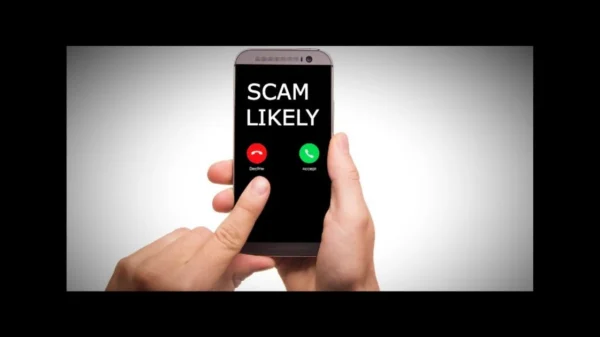On Tuesday, Florida Attorney General Ashley Moody issued a Consumer Alert with tips for Floridians to avoid scams related to the U.S. Census.
The U.S. Census is conducted every 10 years to count every person living in U.S. states and territories. Participation is required by law. In the past, scammers have used the mandatory count to take advantage of unwitting Floridians and steal personal information. Moody said she wants to make sure Floridians know how to avoid these scams and where to report any suspicious activity.
“The U.S. Census performs a critical role in the function of our representative government, and it is important that Floridians participate. It is awful that bad actors would try to exploit this process to defraud people, but by following some simple tips you can avoid falling victim,” Moody said on Tuesday.
One way scammers might exploit information is through phishing emails. Phishing is a criminal act in which someone tries to steal information from others by pretending to represent an official or trusted entity, like the U.S. Census Bureau. Phishing emails may try to direct victims to a website that looks real but is actually fake, and perhaps infected with malware. Malware is software that contains viruses or spyware and can infect victims’ computers when attached to emails or suspicious websites. Be cautious when opening emails and only open email attachments from known senders.
Another type of scam to be aware of involves criminals who impersonate U.S. Census workers going door-to-door. The aim being to break-in to victims’ houses to steal money, property or commit violent acts. Official Census Bureau employees will have badges and ID numbers that can be confirmed by calling 1(800) 923-8282.
More tips to avoid common Census scams include:
Know that the Census Bureau will not send unsolicited emails, or ask for Social Security numbers, bank account or credit card information, or money;
Confirm that the return address on mail from the Census Bureau is Jeffersonville, Indiana;
Check the ID badge of a Census worker doing home visits by looking for the worker’s photograph, U.S. Department of Commerce watermark and expiration date; and
Call 1(800) 923-8282 if questions remain about a Census worker’s identity and ask to speak with a local Census Bureau representative. If it is determined that the visitor does not work for the Census Bureau, contact local law enforcement.
The Bureau does ask for some personal information, such as the full names and dates of birth for every household member. However, the Bureau will not ask questions about how much money is in a bank account, passwords, Social Security numbers, mother’s maiden name, work times or other questions that produce answers that might prove useful to identity thieves or cyber criminals.
Census questionnaires will be sent by mail to most households starting in mid-March. Beginning in April, Census canvassers will begin quality check interviews at some homes, and in May, will visit households who have not responded.
To report suspected Census scams, call the Bureau at 1(800) 354-7271, in English, or 1(800) 833-5625, in Spanish.


















